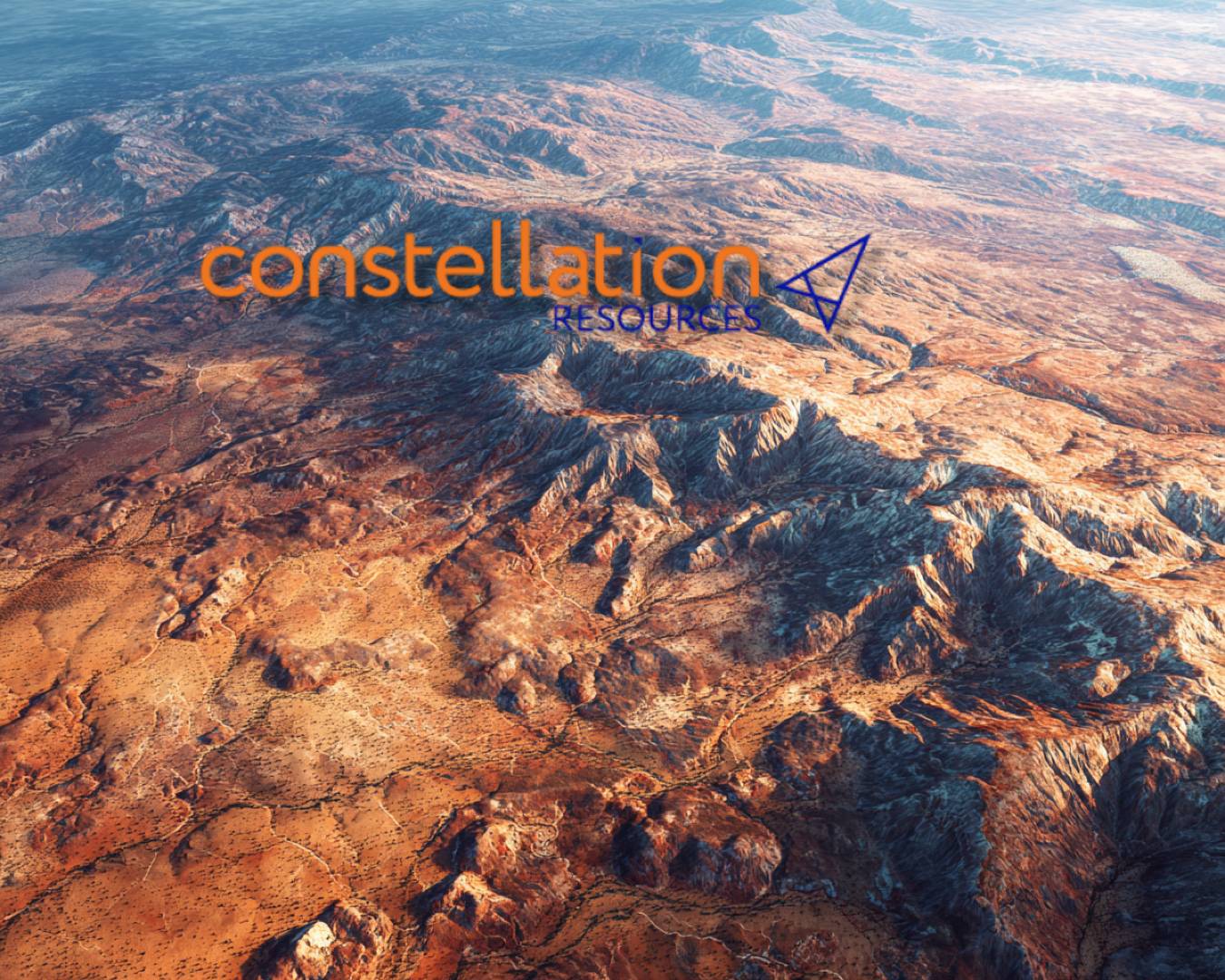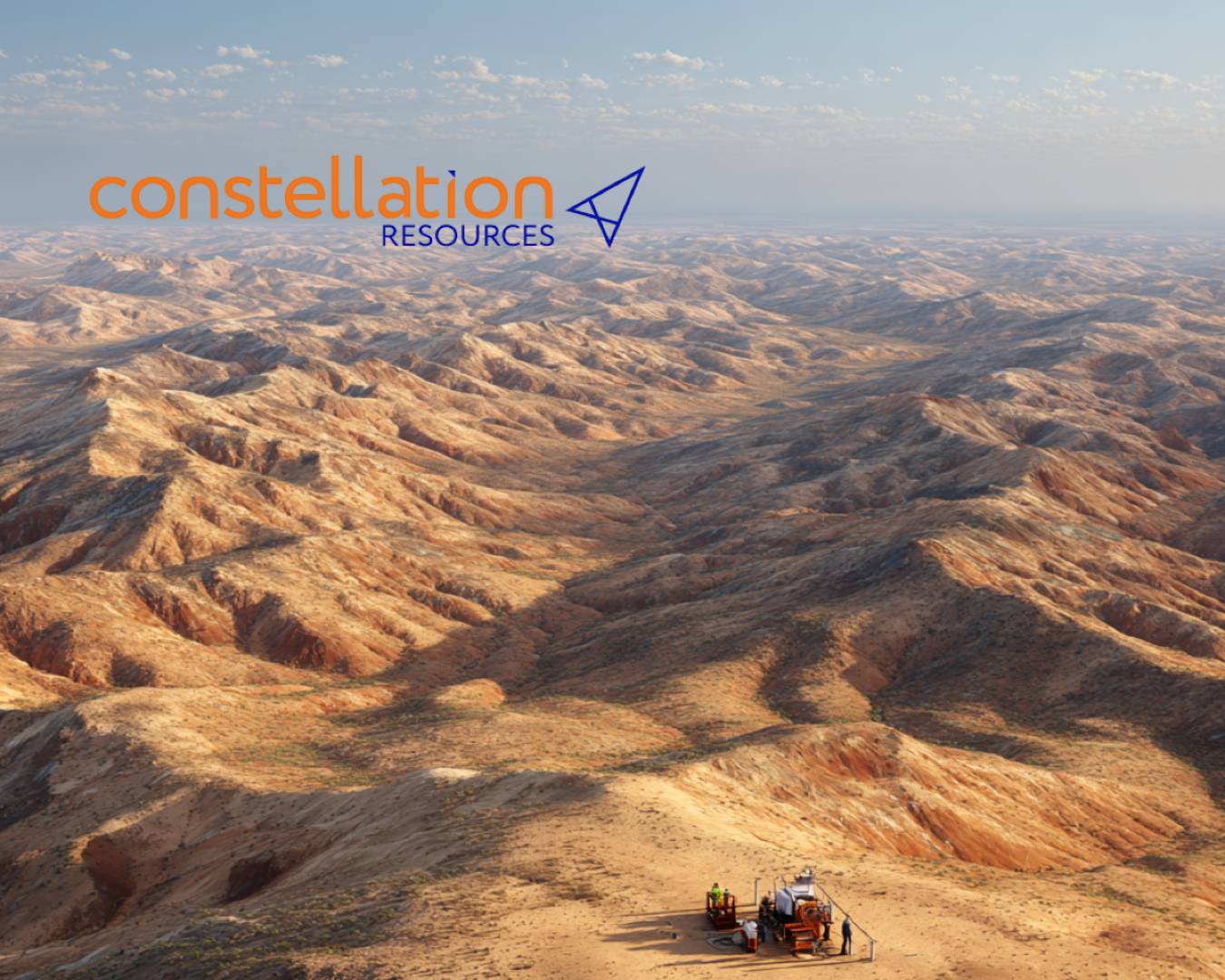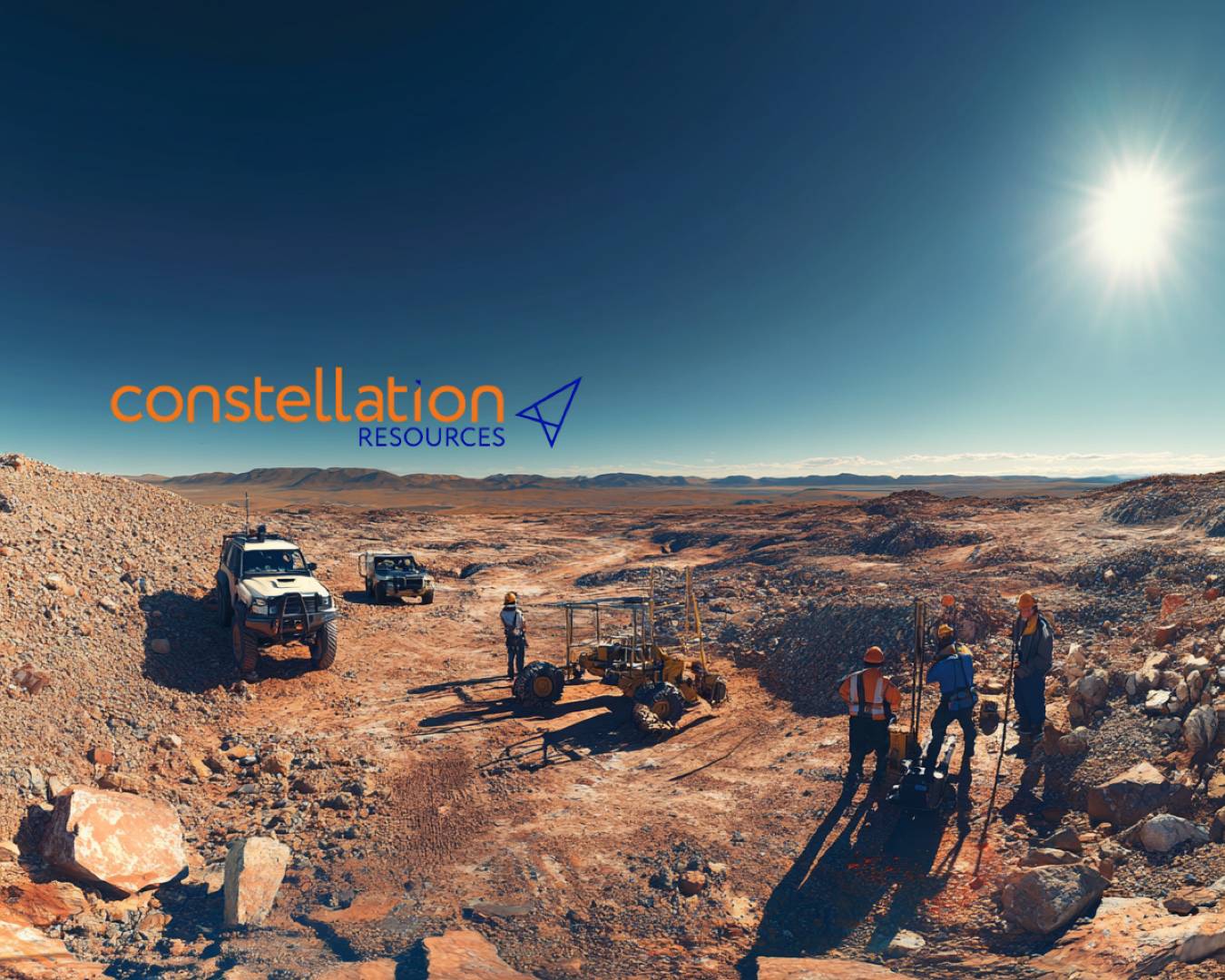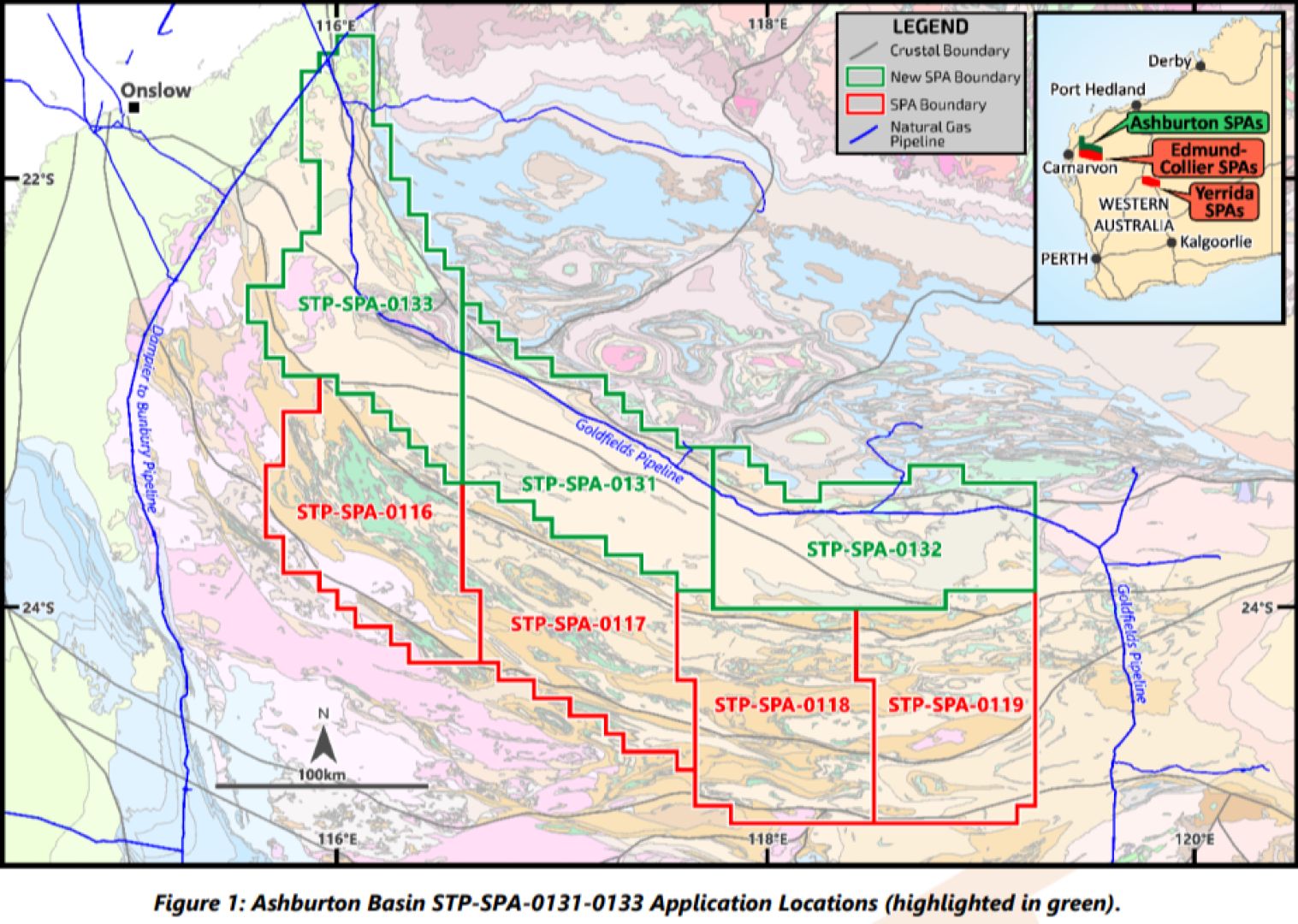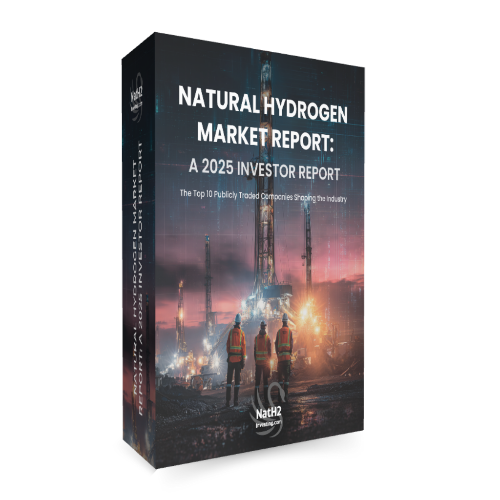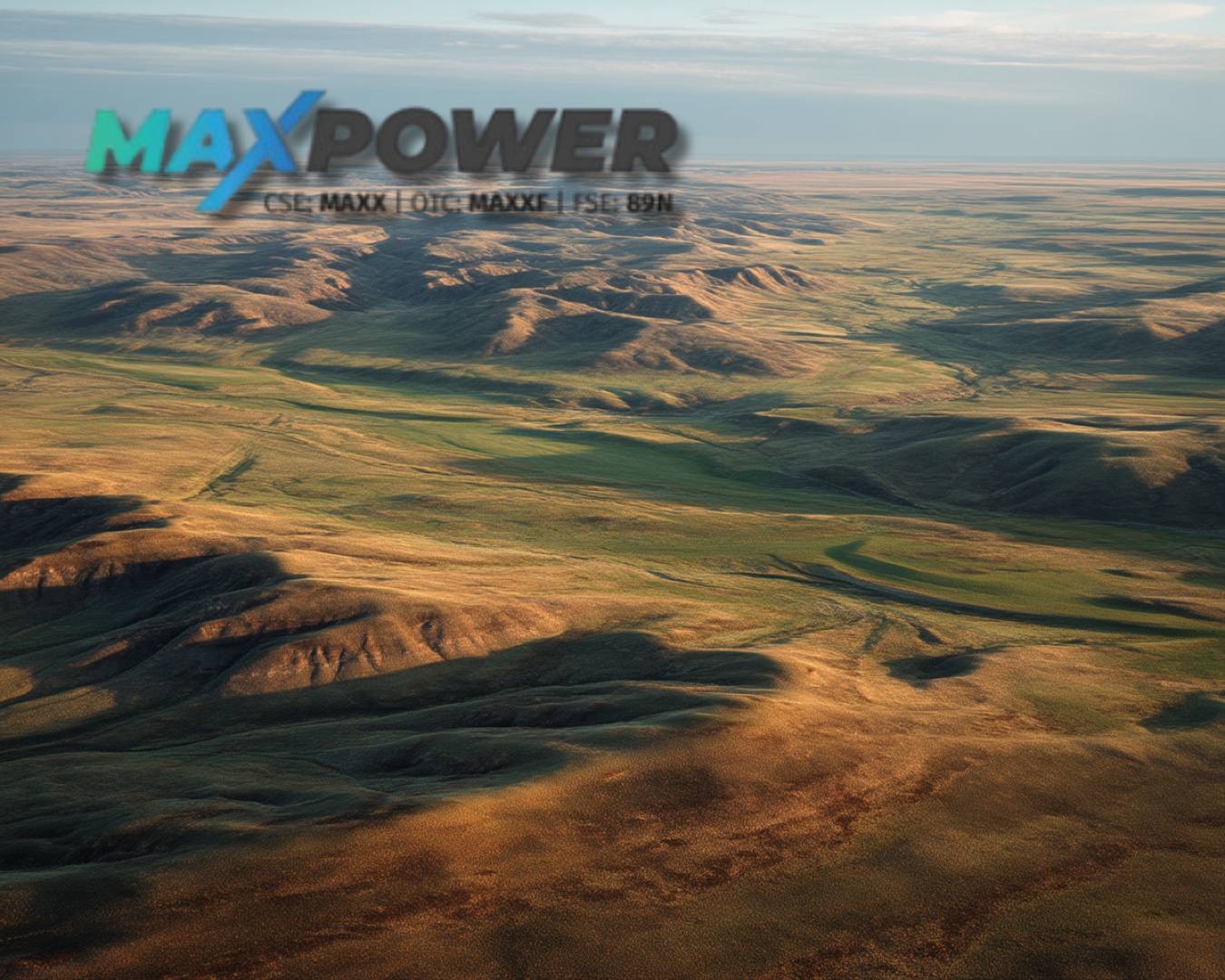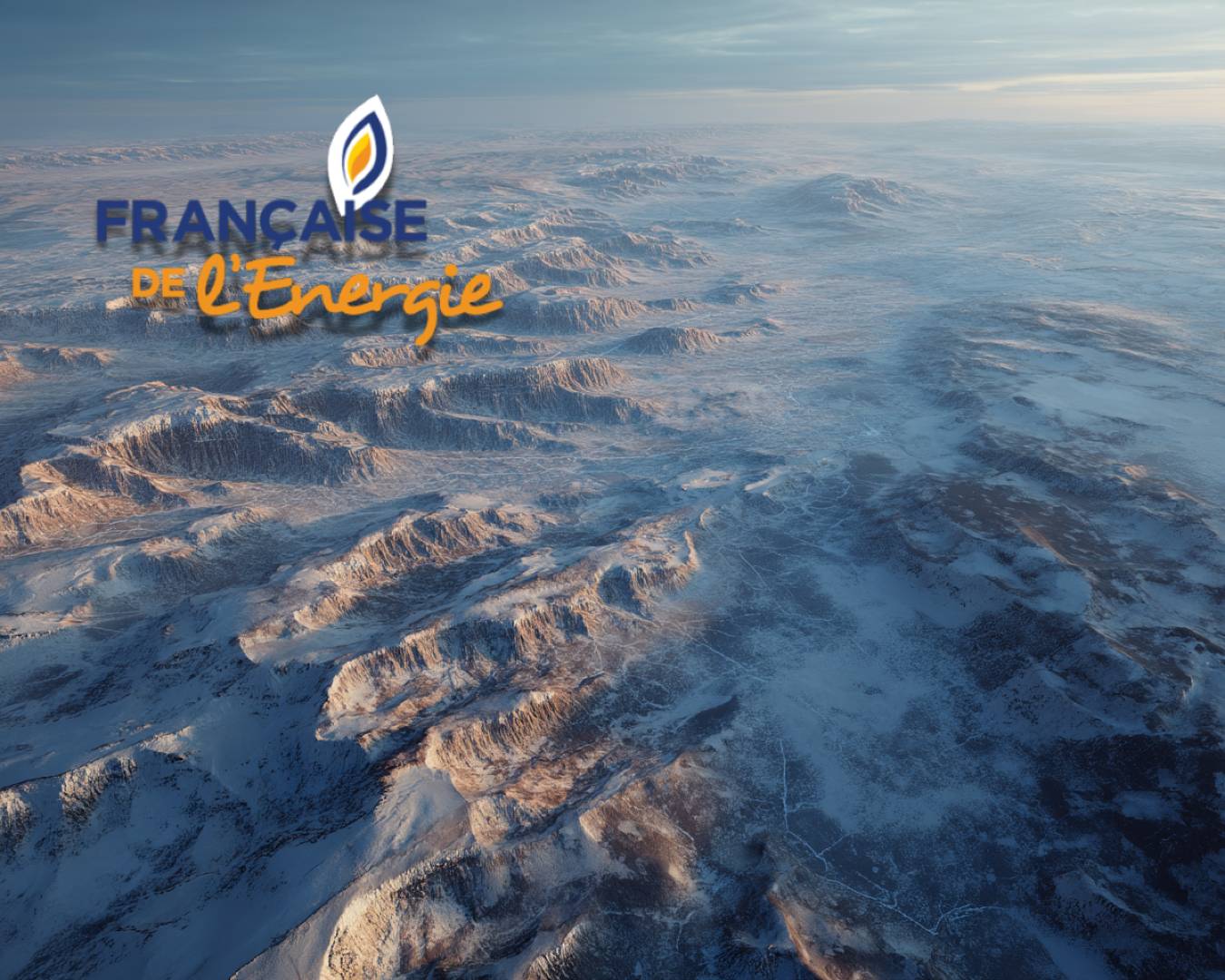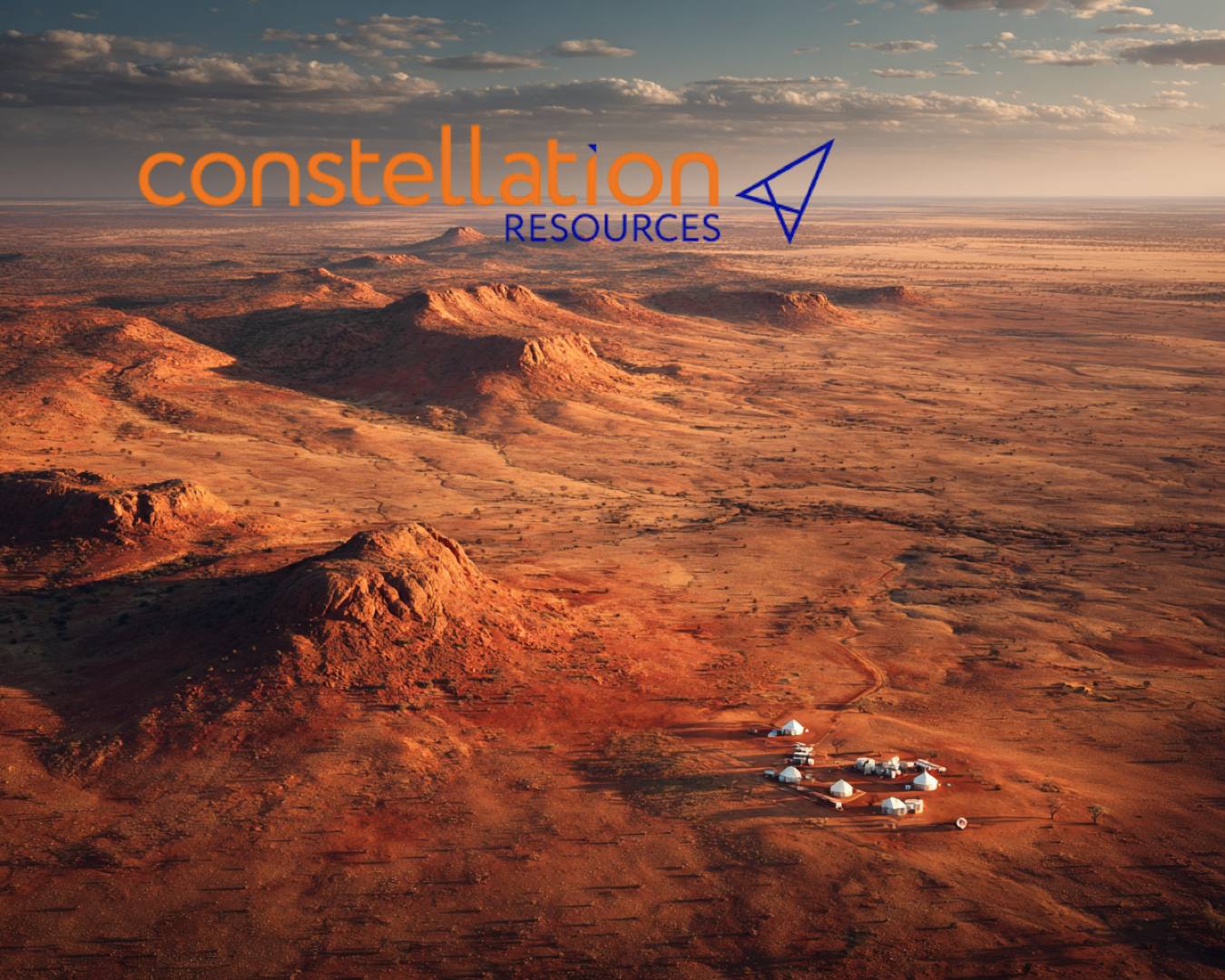
Constellation Resources Confirms Thermogenic Hydrogen Potential at Yerrida Project, Western Australia
Constellation Resources Limited (ASX: CR1) has reported promising results from its Yerrida Natural Hydrogen Project in Western Australia, confirming high organic content across two key formations — a critical indicator of thermogenic hydrogen generation potential.
Total Organic Carbon (TOC) analysis from archived diamond drillholes returned average values of 5.2% in the Johnson Cairn Formation and 5.0% in the Maraloou Formation, both well above the threshold for hydrogen-prone shales. These formations span a large area of the Yerrida Basin, northwest of Wiluna, where Constellation holds approximately 18,000 km² of tenure.
The company also identified active gas seepage from a historical drillhole collar, with sustained methane readings up to 160 ppmV, now under further analysis to determine potential hydrogen or helium conversion processes.
The findings build on recent studies at Constellation’s Edmund–Collier Project, which confirmed hydrogen and helium occurrences within similar geological sequences. Upcoming work at Yerrida will include thermal maturity testing, fluid inclusion analysis, and crushed rock studies to confirm the system’s hydrogen-generation window.
Managing Director Peter Woodman said:
“Yerrida is emerging as a key piece in Western Australia’s natural hydrogen framework. The data shows clear potential for thermogenic hydrogen generation at depth, and our planned studies will help define the next frontier of hydrogen exploration in the region.”
Constellation’s Western Australian natural hydrogen portfolio now spans over 87,000 km² across three major basins — one of the largest hydrogen-focused land positions in the state.
Full press release can be accessed below.

